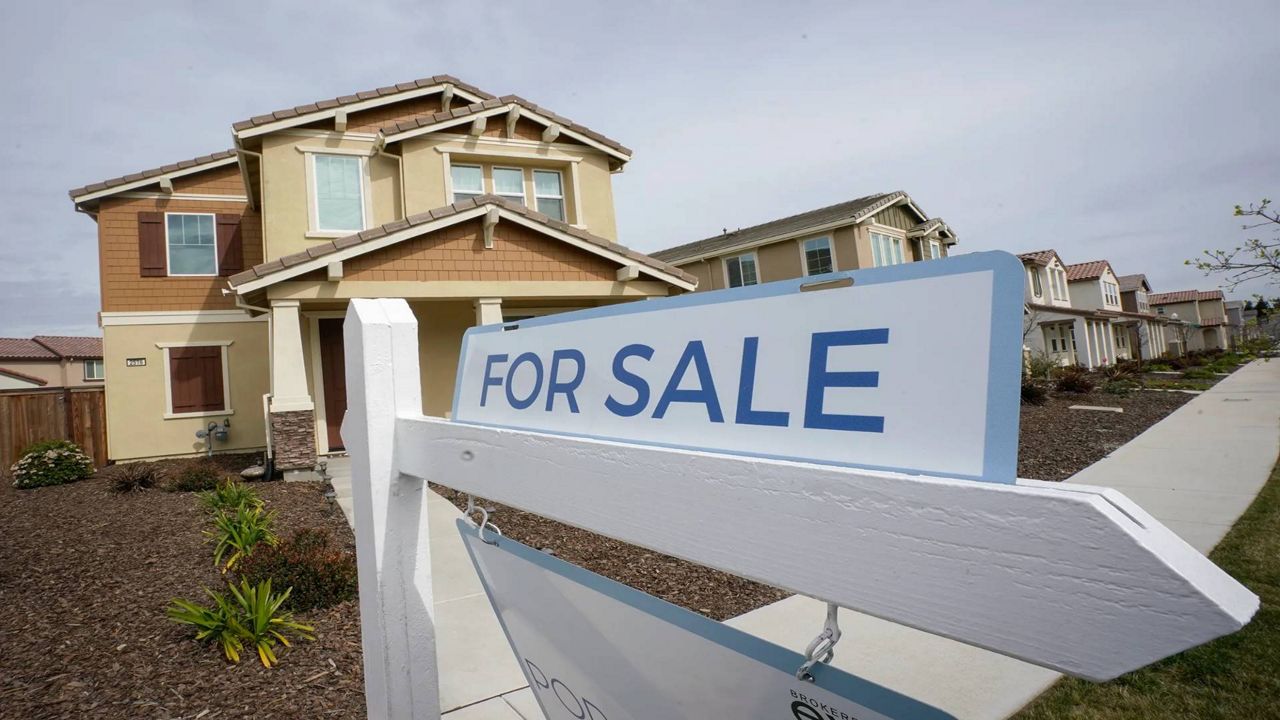First-time home buyers need to earn significantly more money to buy a house this summer compared with a year ago, according to the real estate listing web site Redfin.
Wannabe buyers need to make 13% more to afford homes that continue to increase in price and mortgages that are now costing an average of 7.34% in annual interest following the Federal Reserve’s latest rate hike.
“Buyers searching for starter homes in today’s market are on a wild goose chase because in many parts of the country, there’s no such thing as a starter home anymore,” Redfin Senior Economist Sheharyar Bokhari said in a statement. “The most affordable homes for sale are no longer affordable to people with lower budgets.”
A first-time buyer has to earn $64,500 annually to afford a typical starter home of $243,000, according to the Redfin analysis, which used homes’ market values from April to June. The typical starter home costs 2.1% more than a year ago and 45% more than before the pandemic.
Redfine defines starter homes as those that are in the 5th to 35th percentile of sale price, and affordable as a mortgage that requires a buyer to spend no more than 30% of their income on a housing payment.
The most expensive starter homes in the country are in California, costing a median of $925,000 in San Jose, $910,000 in San Francisco and $680,000 in Anaheim. The least expensive starter homes are in the Rust Belt, selling for $60,000 in Detroit, $100,000 in Pittsburgh and $115,000 in Cleveland.
While wages have increased 4.4% over the past year and nearly 20% compared with before the pandemic, that isn’t enough to make up for the enormous increase in monthly mortgage payments that’s happened over the past 17 months, according to Redfin.
A person hoping to buy a typical starter home today spends $1,610 on a monthly mortgage — almost double compared with before the pandemic.
Mortgage rates are partly to blame. Average mortgage rates climbed to 6.7% in June — up from 5.5% a year ago and less than 4% prior to the pandemic.
Prices also remain stubbornly high due to a lack of supply as homeowners hold onto ultra-low mortgages below 3%. New listings of starter home are down 23% since the pandemic began in March 2020. Sales of starter homes have declined 17% over the past year.
“People who are already homeowners are sitting pretty, comparatively, because most of them have benefited from home values soaring over the last few years,” Bokhari said. “That could lead to the wealth gap in this country becoming even more drastic.”
Cash buyers and real estate investors are also preventing many first-time buyers from getting into the market. Almost 37% of starter homes in the U.S. are now purchased with all cash; 41% of small homes with less than 1,400 square feet are purchased by investors.
“As prices for the most affordable homes continue to climb and rates remain elevated, it’s becoming more true that you have to be wealthy to buy a home — especially if it’s your first one,” Bokhari said. Cash buyers and investors are increasingly “the only ones who can afford them.”
First-time buyers in Miami and Ft. Lauderdale, Fla., needed to increase their earnings by at least 25% in order to afford a home — more than anywhere else in the U.S. The only major cities where less income is required to buy a starter home are San Francisco, Austin and Phoenix, which have recently seen starter home prices drop after skyrocketing in 2020 and 2021.



